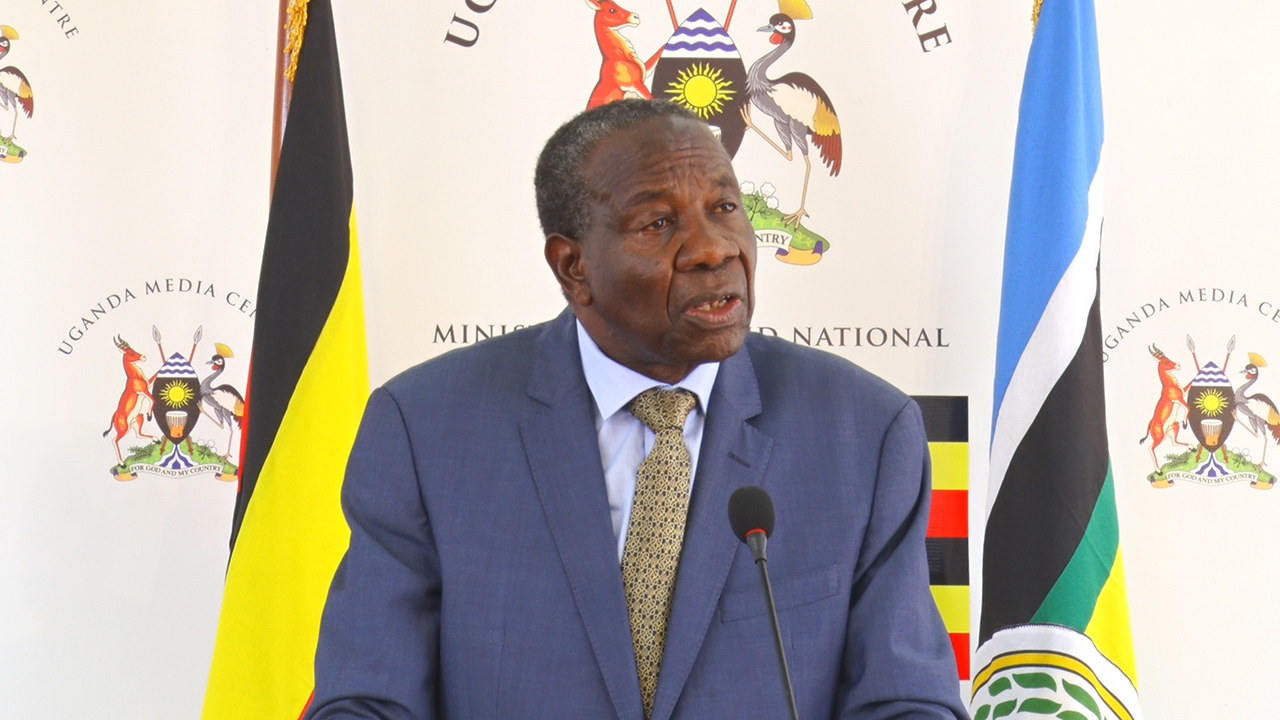Uganda’s economy has received a major vote of confidence after the International Monetary Fund (IMF) ranked the Ugandan shilling as the most stable currency in Africa.
Finance Minister Matia Kasaija, while delivering a statement on the state of the economy in Kampala yesterday, attributed the achievement to sound fiscal and monetary policies, coupled with growing foreign exchange inflows.
“The shilling appreciated by 0.5 percent in July 2025, trading at an average of Shs 3,586 to the US dollar, up from Shs 3,606 in June. This performance, backed by coffee export earnings, remittances, offshore investments and a weaker US dollar globally, has enabled our currency to withstand regional and global shocks,” Kasaija said.
According to the IMF’s International Financial Statistics Division, Uganda now tops Africa in currency stability, a position the minister described as “a milestone in protecting household incomes and investor confidence.”
Latest
CHAN 2024 Leaves Lasting Legacy as Uganda Eyes AFCON 2027
Defence Team Demands Justice Baguma Step Aside in Besigye’s Treason Trial
Mukula Decries Vote Buying in NRM CEC Campaigns
Private Security Guard Arrested Over Murder of his Boss
CHAN 2024 Trophy Arrives in Kenya Ahead of Grand Finale
Museveni Urges Ugandans to Safeguard Economic Gains as Country Eyes High Middle-Income Status
Police Respond to Journalist Kyamagero’s Allegations Over Kajjansi Rape Case Handling
Three Women Badly Injured in Sauna Explosion In Munyonyo
“Rebecca, You Don’t Own Busoga” — Museveni Clashes With Kadaga in Heated NRM Meeting
Over 200 Pick Presidential Nomination Forms By End Of Week Two
The overall economy also showed resilience, expanding to Shs 226.3 trillion (USD 61.3 billion) in FY2024/25, up from Shs 203.7 trillion the previous year. Real GDP grew by 6.3 percent, with notable gains across agriculture, industry and services. Inflation, meanwhile, eased to 3.8 percent in July, well within the medium-term target of 5 percent.
Kasaija highlighted that foreign direct investment rose to USD 3.3 billion in 2024, driven largely by oil and gas developments, while remittances stood at USD 1.4 billion. Merchandise exports surged by 64.3 percent in the year ending June 2025, with gold, coffee, tea, fish and flowers leading the way.
With the economy now officially classified as lower-middle income, the minister projected even faster growth of 7 percent in FY2025/26, and double digits once oil production begins. “Our Ten-fold Growth Strategy will drive Uganda to a USD 500 billion economy within the next fifteen years,” he said.
The government says it will focus on four priority sectors agro-industrialization, tourism, mineral-based industries and science, technology and innovation—to sustain growth and shield the economy from external shocks.





